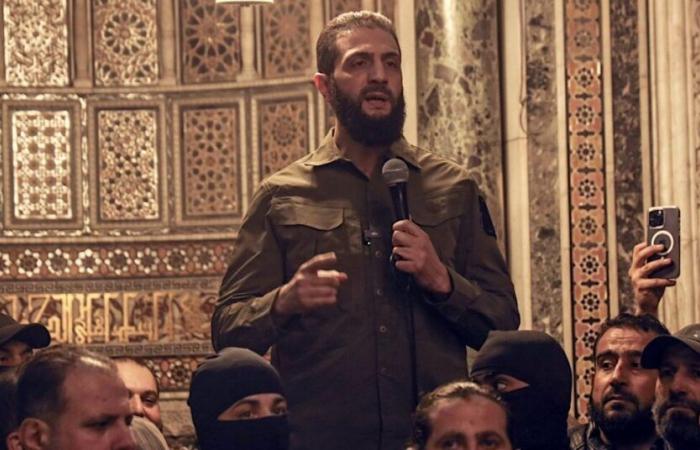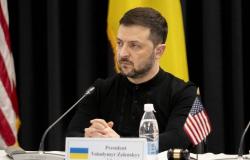What is the ideology of Hayat Tahrir al-Sham (HTC), the Syrian rebel group which overthrew the regime of Bashar al-Assad, after fourteen years of civil war? The movement is described as Islamist, Salafist and Jihadist, which is both accurate and imprecise. Son leader Abou Mohammed al-Joulani (photo) is a former Al-Qaeda member. However, he cut ties with the training of Osama bin Laden and with his logic of a global jihad, multiplying centers of insurrection all over the planet. Is HTC more like the Islamic State of Iraq and the Levant, the other major contemporary jihadist organization? Not really. Daesh shares with Al-Qaeda the idea of a global struggle against the imperialism of a West that it considers evil. The difference lies in the strategy: Al-Qaeda did not immediately seek to build a structurepolitical nature; the Islamic State considers on the contrary that the global fight must begin with the building of a territorial base, a caliphate, which the organization has strived to achieve in the Middle East, straddling several states. On the contrary, the HTC seems to promote a national jihad, aiming at the establishment of Islamic law, sharia, on the sole scale of Syria, within a framework which respects international borders. The adversary of this jihad, until the December victory, was the resolutely secularized regime of Bashar al-Assad. His enemy is political rather than civilizational or religious. We are faced with a “third new way”, according to journalist and essayist Wassim Nasr.
As for Salafism – which defends a literalist reading and rigor of the Koran, and is opposed to any form of democracy – it cannot be applied to HTC without nuance either. Certainly, Salafism remains an influence for the movement, but, « in search of social acceptability, HTC [réhabilite] the classical schools of jurisprudence”, write Jerome Drevon and Patrick Haenni in an article published by the European Robert-Schuman Center. This concession is a way of getting closer to Islam traditionally practiced by the populations, of “root locally”. We are quite far from the extreme dogmatism of the Salafists of Daesh: “Religious diversity is accepted in the religious field. » This relative religious openness is felt in daily life: no strict dress code, no smoking ban, no Internet control. Women can walk alone. Religious minorities enjoy controlled freedom of worship.
Unlike Daesh, which focuses on its global objectives to the detriment of populations, HTC also pays a certain attention to the material conditions of existence. The group “seeks to gain the support of as many people as possible” by guaranteeing “the organization of basic services – tarring roads, collecting trash or providing pharmacy hours,” underlines Wassim Nasr. The jihad promoted by al-Joulani aims to be a “popular jihad”, not one “elite jihad”. The rhetoric is, of course, self-serving: caring about people’s daily lives allows HTC to establish its power. We must therefore be wary of any angelism. The concessions of religious rigorism are perhaps only a passing strategy to gain a foothold and achieve power. No one knows what will happen now that Abu Mohammed al-Joulani is Syria’s new strongman.






